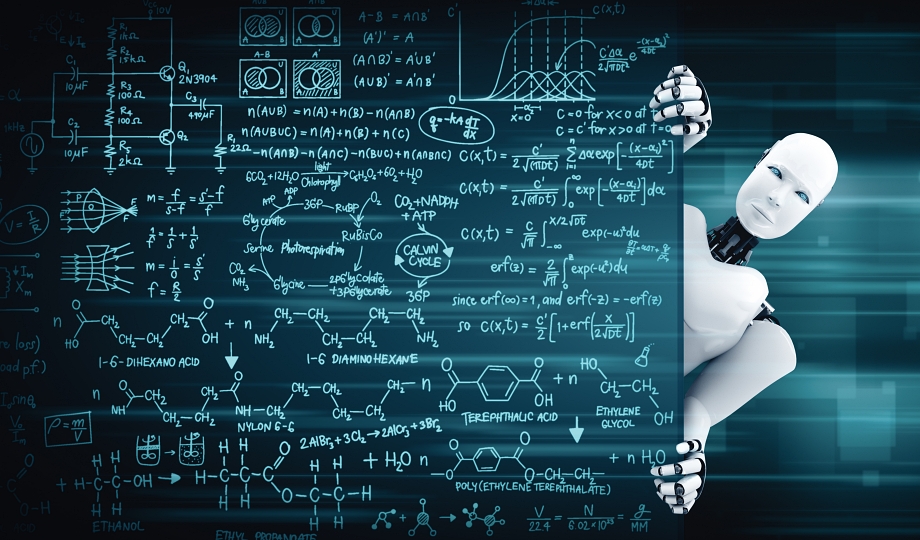
During the recent pandemic years, community colleges, universities, and technical schools experienced losses in enrollment and funding. Many students had a choice between not attending classes and enrolling in online classes and hybrid programs.
Many community college and university students were not equipped to gain their education online. A viable solution to the problem was seeking AOS and Certificate education programs at technical schools to prepare for entry-level jobs. Contact ITI Technical College today for more information.
How The COVID-19 Pandemic Affected Technical Education
The pandemic created problems for technical education that saddened many students and administrators. Almost 60 percent of technical schools reported lower enrollment and only eight percent reported an increase. Funding was the second area that took a hard hit.
- 22% of schools reported a major decrease in private funding
- 16% of schools reported a decrease in state funding
- 15% of schools suffered a loss of local funding
 During and following the pandemic, educators started using AI to enhance technical education and training by personalizing learning, automating tasks, and simulating real-world scenarios.
During and following the pandemic, educators started using AI to enhance technical education and training by personalizing learning, automating tasks, and simulating real-world scenarios.
Faculty, staff, and administrators discovered that AI also helps develop relevant qualifications and promote competency-based learning. AI-powered tools can generate custom training materials, offer tailored feedback, and adapt to individual learning styles and needs.
Benefits of AOS And Certificate Training In AI Technology
Today’s use of AI in technical college education and training is effective. More colleges use it each year to help overcome the deficiencies in traditional education and COVID problems.
- Adaptive Learning Platforms: AI algorithms can analyze student performance and learning patterns to create personalized learning paths and content delivery.
- Tailored Feedback: AI can provide immediate and specific feedback to students, helping them identify areas where they need more support or practice.
- Virtual Tutoring: AI-powered virtual tutors can provide individualized support and guidance, answering questions and offering explanations in real-time.
Faculty can use AI to automate grading and provide feedback on assignments, freeing up educators’ time for more engaging instruction. AI tools can help educators create and manage lesson plans, generate quizzes, organize course materials, and develop curriculum. This technology can analyze student performance data to identify knowledge gaps and areas where students need additional training.
|
“During the recent pandemic years, technical education saw losses in enrollment and funding.” |
More AOS And Certificate AI Training
AI can be used to create realistic simulations of real-world scenarios, allowing students to practice skills in a safe and controlled environment. It can power interactive educational games and simulations that engage students and help them develop practical skills. AI is also used to train students in advanced fields like technology and engineering, allowing them to practice predictive maintenance and automated design.
Educators can use AI to analyze job postings, industry trends, and other data to identify the skills and knowledge needed in the workforce. AI can help educators create and update curricula to align with current and future industry needs. It can also support competency-based education, which focuses on students mastering specific skills rather than time spent in a program.
 Enhancing Accessibility, Addressing Challenges And Limitations
Enhancing Accessibility, Addressing Challenges And Limitations
AI can automatically generate captions and transcripts for video content, making it accessible to students with disabilities. AI-powered assistive technologies can support students with disabilities, such as speech recognition software and AI-powered educational games.
These tools can automatically generate video lectures and other materials to make them accessible to those with hearing impairments or those learning new languages. AI can also help people with visual or motor issues access written content and communicate effectively with speech-to-text and text-to-speech software. Robots can assist with tasks such as retrieving materials, navigating the environment, and providing support, making learning more accessible for students with various needs.
AI models can be biased if they are trained on biased data which can lead to unfair or inaccurate results. While this technology can automate many tasks, it is essential to have human oversight to ensure accuracy and address ethical concerns. Educators need training and ongoing support to effectively use AI tools in the classrooms, laboratories, and field trips.
Get Involved With Technical Education And Training
In conclusion, AI has the potential to significantly enhance technical education and training by personalizing learning, automating tasks, and simulating real-world scenarios. However, it’s important to address the challenges and limitations of AI and ensure that it is used ethically and responsibly.
ITI Technical College has 8 AOS degrees and 5 Certificates to train students for viable entry-level jobs in many industries. Learn more about our programs and school by responding online. We want to help you create success!
For more information about graduation rates, the median debt of students who completed the program, and other important information, please visit our website: https://iticollege.edu/disclosures/





